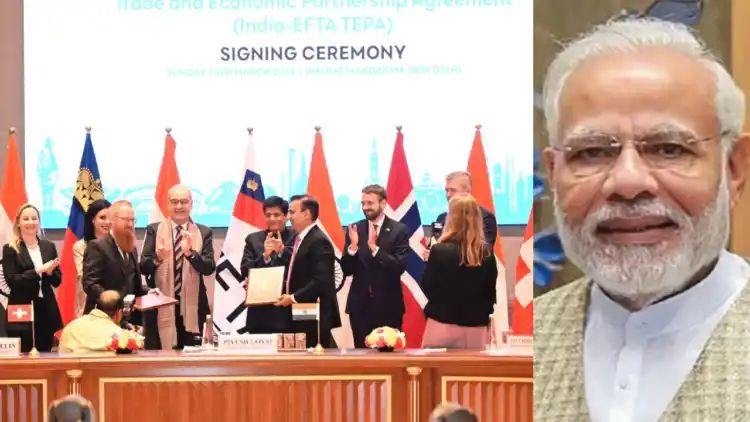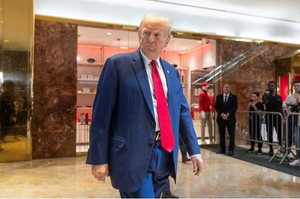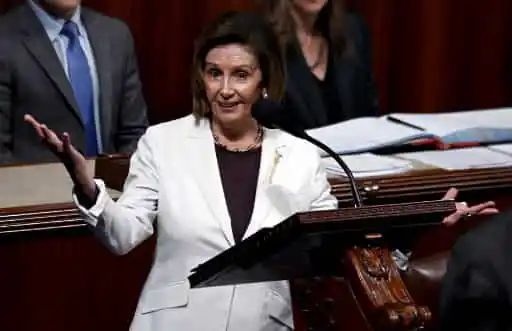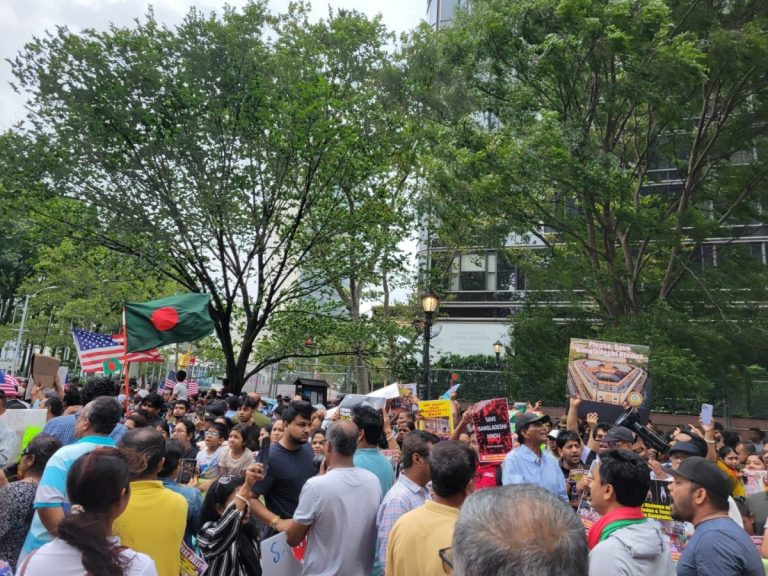UN chief condemns Iran’s attack on Israel; UNSC emergency session called (Lead)
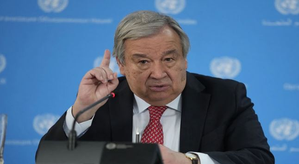
The United Nations Security Council is to meet in an emergency session on Sunday to consider Iran’s fusillade of drones and missiles attacking Israel, which Secretary-General Antonio Guterres has condemned as an escalation of the Middle East crisis.
Within minutes of the Iranian attacks on Saturday, Israel asked Council President Vanessa Frazier of Malta to convene the meeting.
Warning that “neither the region nor the world can afford another war”, Guterres said, “I strongly condemn the serious escalation represented by the large-scale attack launched on Israel by the Islamic Republic of Iran this evening.”
“I am deeply alarmed about the very real danger of a devastating region-wide escalation. I urge all parties to exercise maximum restraint to avoid any action that could lead to major military confrontations on multiple fronts in the Middle East,” he said.
The attack was the latest in a cycle of violence wracking the Middle East.
Iran said the attack was in retaliation for Israel’s April 1 attack on its diplomatic mission in Syria which killed two of its generals.
Israel said that Iran launched about 200 missiles and drones on Saturday and most of them had been shot down and there were no major damages.
The attacks and counterattacks took place while Israel was carrying out an unprecedented military action on the occupied Gaza Strip, hitting civilians and military targets, in retaliation for an attack from there on Israel by Hamas which has ties to Iran.
There have also been skirmishes on the northern border between Israel and Hezbollah, another organisation with Tehran ties.
In a letter to Guterres and Frazier, Iran’s Permanent Representative Amir Saed Iravani said that in launching the attacks his country was invoking its right to self-defence under Article 51 of the UN Charter and warned of “stronger and more resolute” retaliation should Israel take further action.
But in a post on X social media, Iran’s UN mission also said, “The matter can be deemed concluded.”
General Assembly President Dennis Francis expressed concern over the danger of tensions escalating in the region and said, “I expect that the Iranian authorities will honour their word that by their action today, the matter can be deemed concluded.”
He noted that “the Iranians have explained their action in the context of article 51 of the UN Charter, following the recent Israeli attack on the Iranian Embassy in Damascus”.
In his letter to the Council president asking for the meeting, Israel’s Permanent Representative Gilad Erdan called for it to “unequivocally condemn Iran for these grave violations” and designate Tehran’s main military outfit, the Islamic Revolutionary Guard Corps, as a terrorist organisation.
Any attempts by the Council to act on the attacks would be short-circuited by the polarisation in the body.
Just as it could not act on Israel’s attack on an Iranian diplomatic mission in Syria in contravention of international law because of US veto threats, Russia and China would make a stand on Tehran’s retaliation unlikely.
Guterres had also condemned the Israeli attack “on diplomatic premises of the Islamic Republic of Iran in Damascus” on April 1, as well as the reported casualties” and repeatedly called for restraint.
He said that “the principle of the inviolability of diplomatic and consular premises and personnel must be respected in all cases in accordance with international law”.

